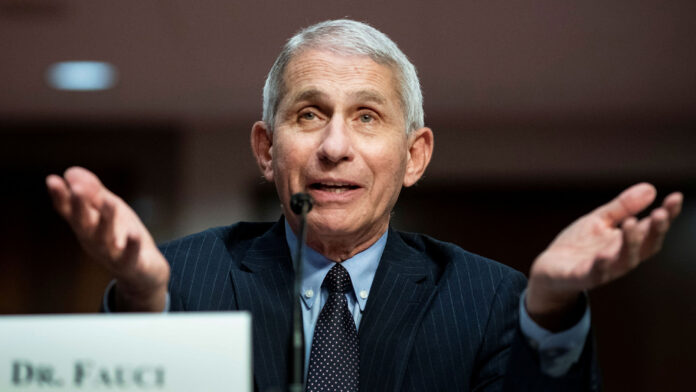The release of the House Select Subcommittee on the Coronavirus Pandemic’s final report marks a watershed moment in the reckoning with COVID-19. Titled “After Action Review of the COVID-19 Pandemic: The Lessons Learned and a Path Forward,” the report is both a stark admission of systemic failures and a guide for future preparedness. Chaired by Rep. Brad Wenstrup (R-OH), a physician, the findings revisit many contentious issues that were once dismissed as fringe conspiracy theories or outright misinformation.
At the heart of the report are several key points of bipartisan agreement. Among these is the acknowledgment that the possibility of COVID-19’s origins being linked to a lab accident is not only plausible but increasingly supported by evidence. This repudiates years of dismissive rhetoric and highlights the need for deeper scrutiny of research practices like gain-of-function experiments, which the U.S. National Institutes of Health (NIH) funded at the Wuhan Institute of Virology. The report sharply criticizes both the Chinese government and elements within the U.S. scientific community for attempting to suppress facts about the pandemic’s origins.
One of the report’s most startling conclusions centers on Operation Warp Speed, which successfully accelerated vaccine production but revealed significant gaps in the regulatory framework. While the vaccines mitigated severe disease and death, they failed to stop transmission—a reality starkly at odds with initial promises. The reclassification of vaccines as “therapeutics” in the report reflects this shift but also raises concerns about long-term side effects, incomplete safety data, and the broad immunity granted to pharmaceutical companies.
The subcommittee didn’t shy away from broader failures, either. It exposed rampant fraud, waste, and abuse during the pandemic response, including flawed public health messaging that eroded trust. The consequences of prolonged school closures—enacted with the backing of organizations ostensibly meant to protect children—will likely haunt generations. These policies, compounded by overzealous lockdowns, served as a grim reminder that the cure must never be worse than the disease.
Finally, the report’s strongest conclusion may also be its most alarming: the Constitution cannot be shelved during a crisis. Vaccine mandates, restrictions on freedoms, and poor public health communication sowed distrust that could take decades to mend.
This report doesn’t just critique the past; it challenges the future to do better, to safeguard both public health and the liberties that define democracy. In its stark clarity, it is an invitation to vigilance, accountability, and reform.
You can read the full report here:
Select Subcommittee on the … by Jennifer Van Laar


